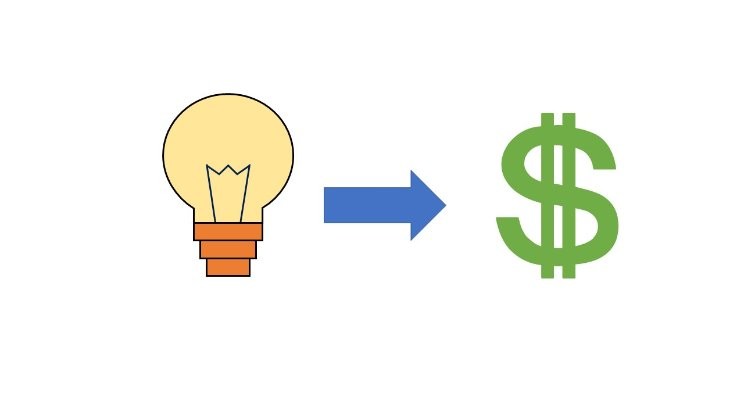This week I’ll be leading the very first meeting of The Top Secret Writing Club, an after school enrichment program for grades 4 through 8.
I try to learn from everything, which is actually not as great as it sounds, because sometimes you end up looking for meaning where there is none. But I know I’m going to get a lot out of this club as I’ve already gotten a lot out of it before it’s even met.
Writing is everywhere
One of the things I want to emphasis with the kids is how important writing is and how it is everywhere. Most of them probably only consider writing to be the books they have to read for class. How many of them realize that the movies, TV shows, and video games they consume are all written by people?
What I found interesting was that when I tried to search for a list of all the various different types of writing, I couldn’t find one! What I got was listed that included things like expository, descriptive, narrative, and persuasive.
Any search I did along those lines kept returning results that were academic and formal.
It’s no wonder kids thinking writing is boring and hard. The way that it’s framed, it is!
It’s not like they get to a point where someone says “hey, you know all those crazy worlds in Super Mario Bros? A writer helped come up with those! And that awesome Pixar movie you love? That was a writer, too!”
I understand that kids have to learn the basics of writing to so that they can communicate. I get that. But that’s generally as far as it goes unless there’s some spark in that kid that motivates them to go further.
Writing isn’t easy. But it doesn’t have to be so hard. And it can be fun!
Common Core
I’ve been helping our older son with his homework for a few years now; most of it is math, which is understandable. I don’t have a problem with that. It’s often nearly as hard for me as it is for him because it’s Common Core, which is a different way of teaching and learning math than existed when I was a kid.
I’d heard a lot of horror stories about Common Core. Most adults seem to think it’s unnecessarily complex and far worse than what we did.
It’s not. It’s much, much better.
As my son’s teacher pointed out, the kids are now learning the “why” of things. We just memorized numbers and regurgitated answers. Common Core shows them how the sausage is made. It sets them up to more easily handle advanced math down the line.
It’s great. And since these kids are learning it this way from the start, it makes sense to them.
There’s no version of Common Core for writing, though.
I don’t expect a small writing club to change that, but maybe it can help. Maybe I can show these kids that writing is everywhere, writing is important, writing can be anything.
I think right now it’s only one thing and I think that one thing is often not very fun.



